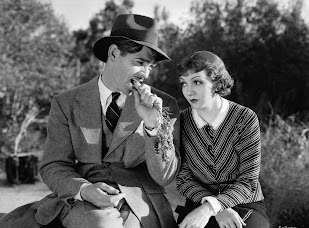Lang calls this essay his literary biography saying that he has a much easier time remembering books than he does people. He writes, Some are soldiers from the cradle, some merchants, some orators; nothing but the love of books was the gift given to me by the fairies.
From an early age he was surrounded by books and those who loved to read them. He remembers “reading” Midsummer Night’s Dream as a small boy in a candlelit room where someone was playing the piano; he was sitting by the fire looking at an edition with pictures of fairies in it. The fairies seemed to come out of Shakespeare’s dream into the music and the firelight… It seemed an enchanted glimpse of Paradise.
At age four he began to teach himself to read by picking out the words and letters of a poem he had heard so often that he had it memorized: Elegy on the Death andBurial of Cock Robin. At age nine, he read his first novel, which was Jane Eyre. This was a creepy tale for a boy of nine, and Rochester was a mystery, St. John a bore. But the lonely girl in her despair, when something came into her room, and her days of starvation at school, and the terrible first Mrs. Rochester, were never to be forgotten.
He tells how he hated Greek until he discovered Homer. The very sound of the hexameter, that long, inimitable roll of the most various music, was enough to win the heart, even if the words were not understood. But the words proved unexpectedly easy to understand, full as they are of all nobility, all tenderness, all courage, courtesy, and romance…. After once being initiated into the mysteries of Greece by Homer, the work of Greek was no longer tedious.
He
summarizes his love of all things Greek by writing, We cannot find any wisdom
more wise than that which bids us do what men may and bear what men must. Such
are the lessons of the Greeks, of the people who tried all things, in the
morning of the world, and who still speak to us of what they tried in words
which are the sum of human gaiety and gloom, of grief and triumph, hope and
despair. The world, since their day, has but followed in the same round, which
only seems new: has only made the same experiments and failed with the same
failure, but less gallantly and less gloriously.
“AdventuresAmong Books” was written in 1872 when Lang was still a young man. Near the end
of the essay, he writes about how he became interested in folklore and
anthropology. Little did he know that his most memorable life’s work would grow
out of that interest. The first “Fairy Book” was published in 1889.
Blessings,




























